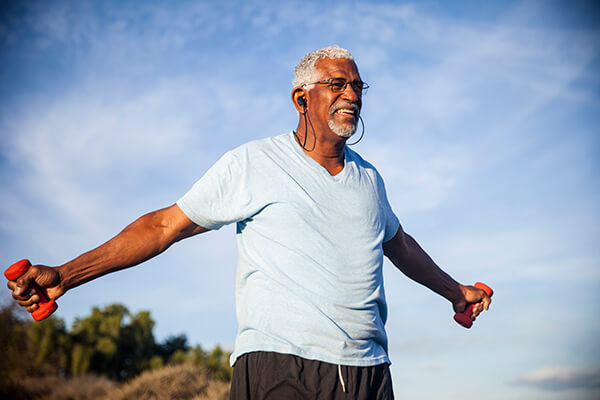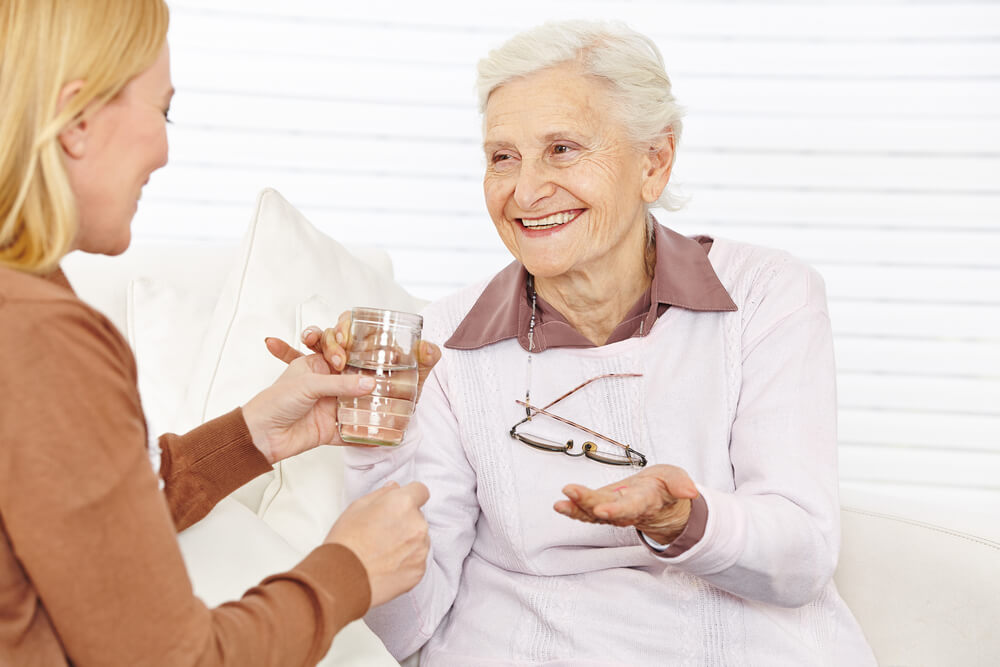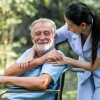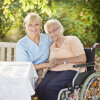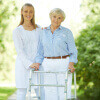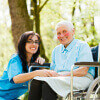Growing old requires adjusting to a variety of changes, and the way we care for our bodies is among the most significant ones. We realize the necessity of staying physically active, but might not know that the old tried-and-true physical techniques we’ve long utilized ought to be modified for exercise over 50, because of increasing injuries, pain in muscles and joints, as well as general fatigue. For example:
- Resistance more than cardiovascular exercise. While cardiovascular exercise is certainly still key for heart health, strength training is important to combat the natural decline in bone density and muscle mass. Research conducted recently also connected weight training with improved memory, even when performed just once weekly for as little as 20 minutes. The objective is to finish 12 repetitions of each set of resistance weight exercises several times each week, raising the resistance level when it gets easier to do the exercises.
- Make sure you warm up. Due to decreased elasticity in tendons that happens later in life, warm-ups are necessary. Stretching the muscles you are preparing to exercise, as well as a full body warm-up with mild cardio exercise such as a walk on the treadmill, is suggested, at least two or three times a week. Health advantages include improved flexibility, increased heart rate and body temperature and better preparation for the muscles which are about to be exercised.
- Switch to interval training. It’s recommended that interval training – intense exercise alternated with easier “rest” periods – produces a greater benefit compared to a consistent exercise pace to burn off more calories and to enhance oxygen consumption.
- Increase rest days. Per Dr. David W. Kruse of the Hoag Orthopedic Institute, “You need to focus more on recovery after 50. Tissue recovery takes more time and more effort to support that recovery.” This might mean several days in between workout sessions. Take note of any kind of soreness experienced and the impact it’s having on your following workout to discover the ideal time period to rest in between.
Don’t forget to check with your physician for personal recommendations on beneficial exercise regimens, and if you have a client or loved one who could use support in providing the motivation, guidance, and transportation necessary to stick to an exercise program and optimize health, contact Home Matters. All of our professional caregivers are experienced in helping the elderly improve health and overall wellbeing, and we help to make exercising, and other activities, more enjoyable.
